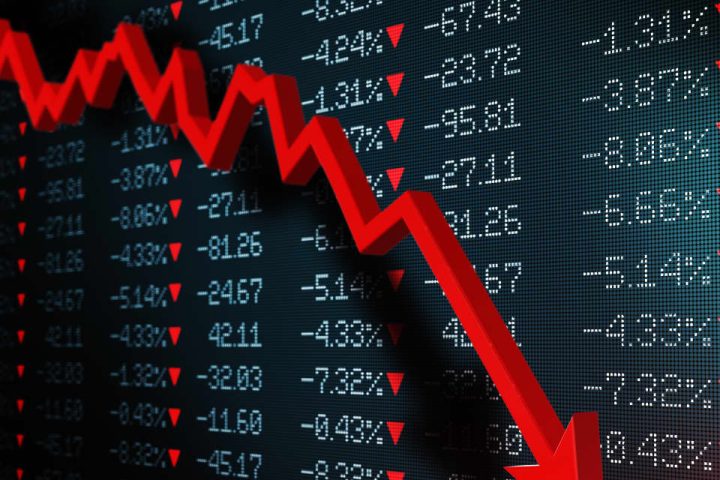““I would be very surprised we went above 4,600 anytime this year, and I’m not interested in the S&P. I’m interested in individual stocks.””
That was hedge-fund billionaire Leon Cooperman, saying he’d be “surprised” if the S&P 500
SPX
can grind much higher from here.
In a transcript of comments made in an interview at CNBC’s Financial Advisor Summit, the Omega Advisors chairman and CEO said he finds the index “uninteresting” as he asked the audience whether they would be “willing to pay 20 times earnings for the S&P.”
The investor then answered his own question by stating that “20 times is too high relative to the macro environment and relative to interest rates.” He said he’s looking for “things that I like and are mispriced,” noting that investors can find “many inexpensive stocks” right now.
The hedge-fund chief compared the current market environment to when he started his career in 1967, as he argued that gains won’t be found in the wider S&P 500. At the time, he said, the Dow Jones Industrial Average
DJIA
was at around 1,000. “In 1982 it was roughly 1,000. I made my money picking stocks, and that’s, I think, the environment we’re in,” he said.
Cooperman slammed the prospect of investing in long-term bonds, saying they make little sense “given what’s going on in the world” — even as he thinks interest rates won’t go lower but instead “will likely go higher.”
Earlier this week, investors heard from another hedge-fund manager, Paul Tudor Jones, founder and chief investment officer of Tudor Investment Corp., who said he was steering clear of U.S. stocks over recession fears and he sees aggressive Federal Reserve policy as a recessionary trigger.
Cooperman said that, while he does not “see any major upside in the market,” he sees no “major downside, either, short of a recession,” which he suggested is not likely because of “very aggressive fiscal policy.”
The hedge-fund notable was critical of both U.S. domestic politics and the economy, especially what he sees as a “very disturbing” debt buildup. He noted that many are so fixated on inflation that they can’t see the bigger danger in a potential fiscal crisis, given the U.S. is so dependent on others to lend it money at “attractive prices.”
Don’t miss: Ray Dalio thinks the U.S. is courting a debt crisis. Are regulators moving fast enough to avert it?
Cooperman also predicted that the U.S. economy was facing “shrinkflation,” as consumers struggle to keep up with prices. “And I think what we’re seeing is a monetary illusion,” he said.
As for where investors should put their money? He said his first choice is composed of his “favorite cheap stocks,” followed by short-dated Treasurys in the one- to two-year period, and then long-term bonds are his least favored.
The storied money manager said there’s little case to be made for investing in long-term bonds offering yields below 5.5%, and he’d wait until interest rates go above 5% to buy bonds. “In the long term, you’re much better off in stocks and you can find a lot of attractive stocks,” he said.
Cooperman said he likes Canadian oil and gas company Paramount Resources
PRMRF,
as he noted the Calgary-headquartered company currently produces oil at roughly $31 a barrel.
The influential investor said he owns a “bunch of energy stocks,” which together constitute around 20% of his portfolio, including oil major Exxon Mobil
XOM,
which this week struck a deal to acquire Pioneer Resources
PXD,
for $59.5 billion, the sector’s biggest deal in decades.
He suggested the Exxon-Pioneer deal could drive further consolidation in the energy sector, pointing to Oklahoma oil and gas explorer Devon Energy
DVN,
as a possible “candidate.” He said he also owns shares in pipeline companies including Enterprise Products
EPD,
and Energy Transfer
ET,
Elsewhere, his cheap-stock picks include nuclear safety company Mirion
MIR,
while he also owns shares in tech giants Microsoft
MSFT,
and Google
GOOGL,
healthcare companies Elevance
ELV,
and Cigna
CI,
private-equity firm Apollo Global Management
APO,
and Citibank
C,
Read on: Citigroup’s third-quarter profit edges up and beats lowered expectations
Read the full article here







